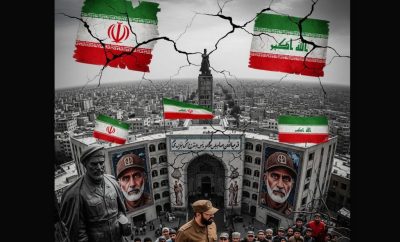
What EU Budget Talks Say About Europe’s Future
As is often the case with the European Union, negotiations over the EU’s next long-term budget have so far produced more meetings and debates than concrete solutions. Talks over the 2021-27 budget, referred to within the bloc as the multiannual financial framework, have revealed not only the state of the EU’s internal divisions but also the depth of the problems it currently faces.
Negotiations have been further complicated by Brexit, of course, but the drama also revolves around disagreements between some of the EU’s core members. Germany and France continue to debate what the EU’s priorities should be going forward. And based on their conduct during the negotiations, it’s clear that their focus is increasingly shifting away from the EU’s traditional areas of concern, including supporting its poorer member states, in favor of more modern priorities and, of course, their own economic well-being. This reveals the fragility of the EU’s core.
Competing Visions
Through the seven-year budget, the EU will define its long-term development strategy, so in a sense, the current negotiations aren’t about money but about the basic principles the union wants to promote. The EU’s budget has always been geared toward supporting big political projects: the single market in the 1980s, the adoption of the euro in the 1990s, the enlargement process in the first decade of the 2000s. Over the past decade, it was focused on helping the bloc’s economies recover from the 2008 financial crisis to bolster EU cohesion at a time when the bloc could have easily ruptured under the strain of economic meltdown.
Συνέχεια ανάγνωσης εδώ
Πηγή: realclearworld.com




